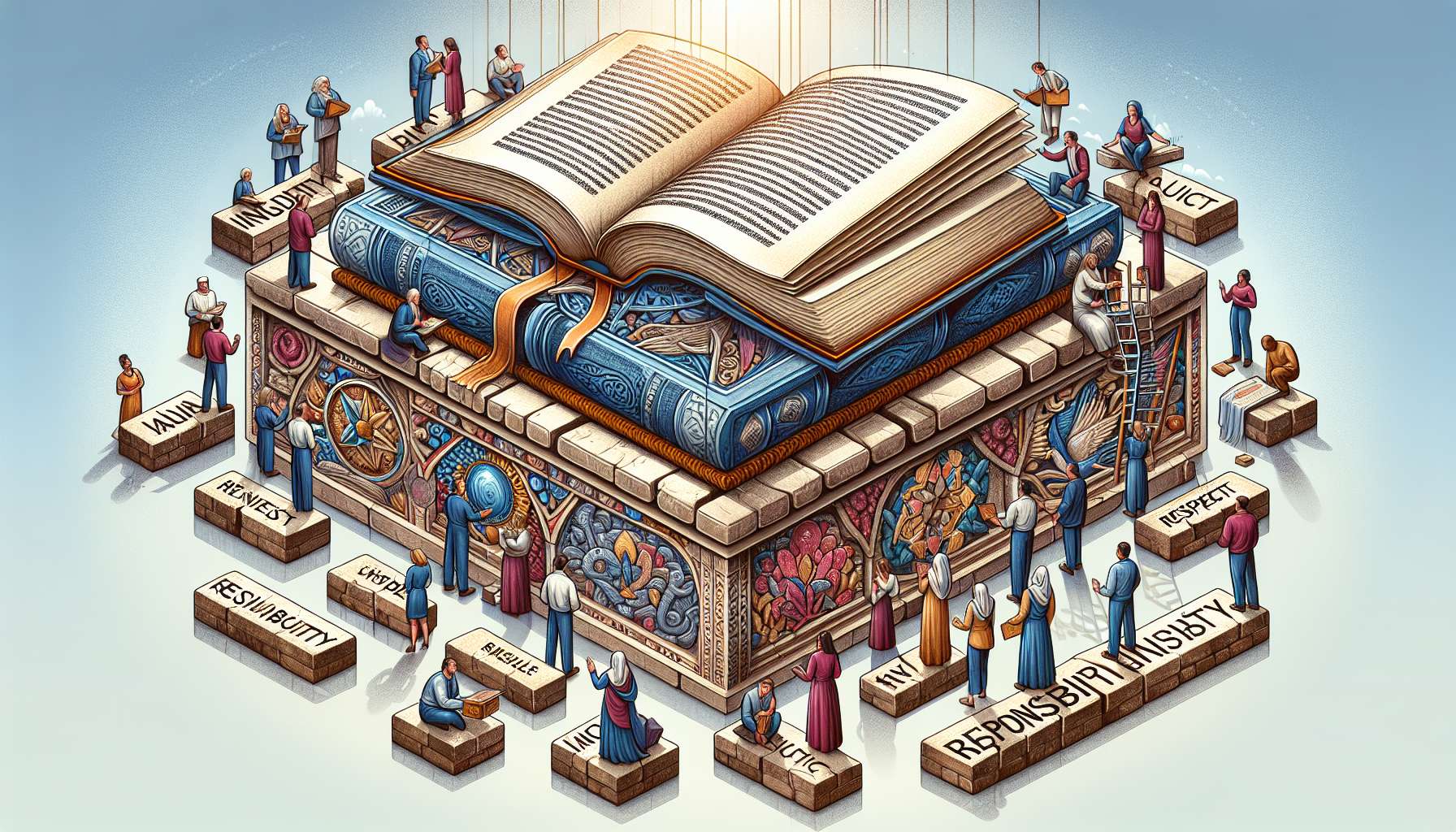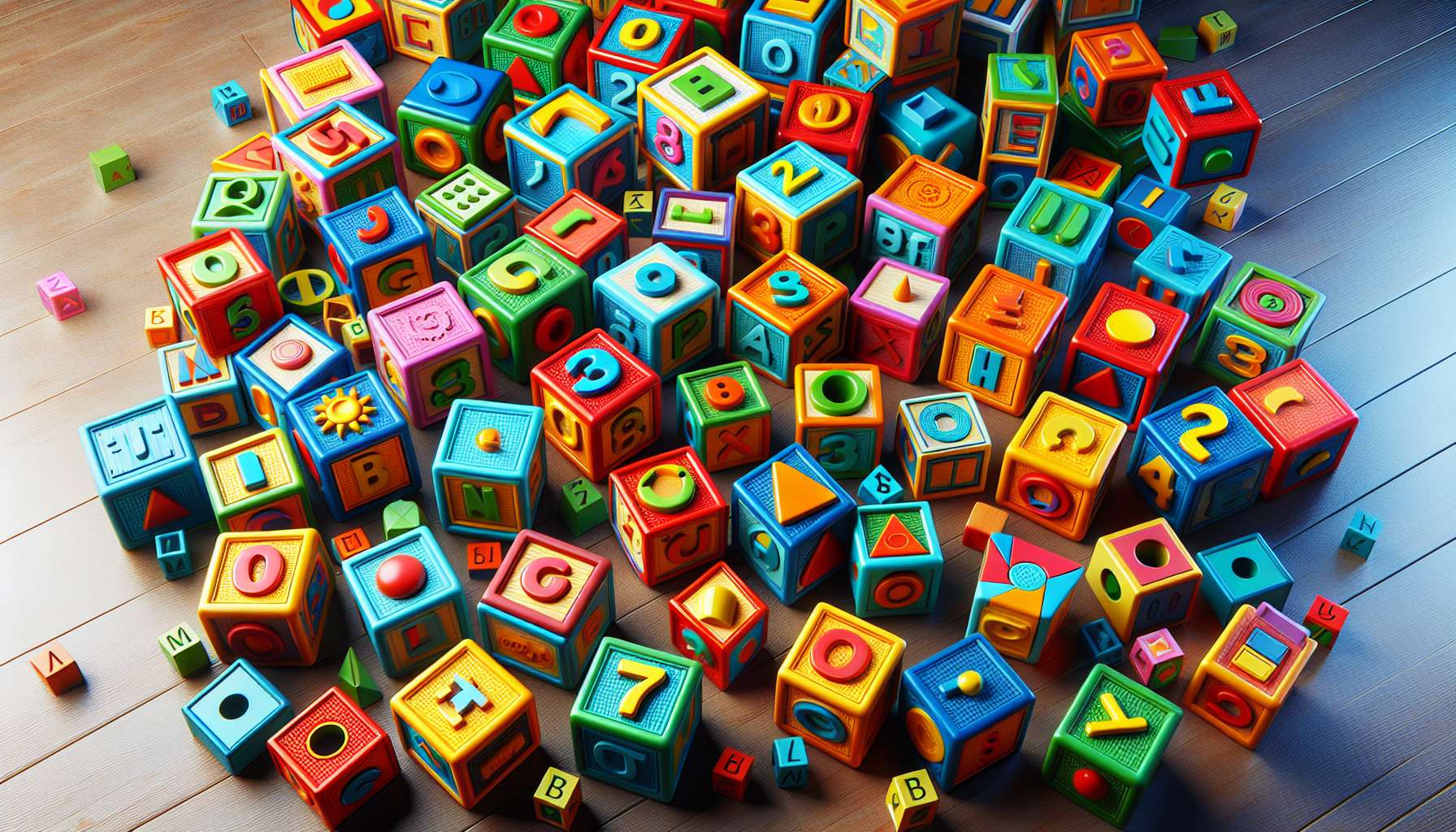The Self-Development Roadmap: A Guide to Personal Growth and Success
Self-development is a lifelong journey that encompasses various aspects of personal growth, including self-awareness, self-improvement, and self-actualization. It involves taking intentional steps to enhance one’s skills, knowledge, and mindset to achieve personal and professional goals. A self-development roadmap serves as a strategic plan that outlines specific objectives, milestones, and actions to help individuals navigate their journey towards self-improvement and success.
The Importance of Self-Development
Self-development plays a crucial role in shaping our identities, expanding our capabilities, and unlocking our full potential. It empowers individuals to overcome challenges, adapt to change, and pursue their passions with confidence and purpose. By investing in self-development, individuals can enhance their careers, relationships, and overall well-being.
Research has shown that individuals who actively engage in self-development activities are more likely to experience personal growth, increased job satisfaction, and higher levels of resilience. They are better equipped to cope with stress, manage their emotions, and make informed decisions. Self-development also fosters a growth mindset, enabling individuals to embrace challenges, learn from failures, and continuously improve themselves.
Setting SMART Goals
One of the key components of a self-development roadmap is setting SMART goals Specific, Measurable, Achievable, Relevant, and Time-bound. By defining clear and actionable objectives, individuals can track their progress, stay motivated, and hold themselves accountable for their growth. For example, a SMART goal could be to read one self-improvement book per month, attend a networking event every quarter, or learn a new skill within a specific timeframe.
SMART goals provide a roadmap for success, guiding individuals towards their desired outcomes and helping them prioritize their efforts effectively. By breaking down larger goals into smaller, manageable tasks, individuals can make steady progress and celebrate their achievements along the way.
Developing Self-Awareness
Self-awareness is a cornerstone of self-development, as it involves gaining a deep understanding of one’s strengths, weaknesses, values, and beliefs. By becoming more self-aware, individuals can identify areas for improvement, set realistic goals, and align their actions with their core values. Self-awareness also enhances emotional intelligence, empathy, and self-regulation, allowing individuals to navigate interpersonal relationships more effectively.
Practicing self-reflection, mindfulness, and introspection can help individuals cultivate self-awareness and gain insights into their thoughts, emotions, and behaviors. Journaling, meditation, and seeking feedback from others are valuable tools for enhancing self-awareness and fostering personal growth. By developing a keen sense of self-awareness, individuals can make informed decisions, communicate more effectively, and lead with authenticity and integrity.
Cultivating a Growth Mindset
A growth mindset is essential for self-development, as it involves believing in one’s ability to learn, grow, and adapt to new challenges. Individuals with a growth mindset embrace setbacks as opportunities for learning, view criticism as constructive feedback, and persevere in the face of obstacles. By cultivating a growth mindset, individuals can overcome self-limiting beliefs, expand their comfort zones, and unlock their full potential.
Carol Dweck, a renowned psychologist, introduced the concept of a growth mindset, emphasizing the power of “yet” the idea that one’s abilities can improve with effort and persistence. By reframing challenges as opportunities for growth, individuals can approach self-development with a sense of curiosity, resilience, and optimism. Cultivating a growth mindset enables individuals to embrace change, take calculated risks, and pursue their goals with courage and determination.
Building Resilience and Adaptability
Resilience and adaptability are essential skills for navigating the ups and downs of life and achieving success in the face of adversity. Resilient individuals are able to bounce back from setbacks, cope with stress, and thrive in challenging situations. By building resilience, individuals can develop a strong sense of inner strength, optimism, and perseverance, enabling them to overcome obstacles and thrive in the face of uncertainty.
Adaptability is another key competency for self-development, as it involves embracing change, learning new skills, and adjusting to evolving circumstances. In today’s fast-paced world, individuals who can adapt to change are better equipped to thrive in dynamic environments, seize opportunities, and innovate in their fields. By cultivating resilience and adaptability, individuals can navigate complex challenges, embrace new experiences, and grow personally and professionally.
Embracing Lifelong Learning
Lifelong learning is a fundamental aspect of self-development, as it involves acquiring new knowledge, skills, and experiences throughout one’s life. By committing to continuous learning, individuals can stay relevant, adapt to changing trends, and expand their horizons. Lifelong learning fosters intellectual curiosity, creativity, and personal growth, enabling individuals to pursue their passions, explore new interests, and enhance their professional expertise.
Formal education, online courses, workshops, conferences, and mentorship are valuable avenues for lifelong learning, providing individuals with opportunities to deepen their knowledge, network with experts, and gain practical insights. By investing in self-directed learning and seeking out new challenges, individuals can broaden their perspectives, sharpen their skills, and stay ahead of the curve in their respective fields. Lifelong learning is a lifelong journey that empowers individuals to evolve, adapt, and thrive in an ever-changing world.
Creating a Supportive Environment
Creating a supportive environment is essential for self-development, as it involves surrounding oneself with positive influences, resources, and relationships that foster growth and development. By building a strong support network, individuals can receive encouragement, feedback, and guidance from mentors, peers, and friends. A supportive environment provides individuals with the necessary tools, motivation, and feedback to pursue their goals, overcome challenges, and achieve success.
Networking, joining professional groups, attending workshops, and seeking mentorship are effective ways to cultivate a supportive environment and connect with like-minded individuals who share similar goals and aspirations. By engaging with a diverse community of peers and mentors, individuals can access valuable insights, perspectives, and opportunities for collaboration. A supportive environment empowers individuals to thrive, learn from others, and contribute meaningfully to their personal and professional growth.
Expert Opinions
According to Dr. Stephen Covey, a renowned author and motivational speaker, “Personal development is a major time-saver. The better you become, the less time it takes you to achieve your goals.” Covey emphasizes the importance of continuous self-improvement and the transformative impact it can have on one’s life and career.
Dr. Carol Dweck, a pioneering psychologist, states, “Becoming is better than being. The fixed mindset does not allow people the luxury of becoming. They have to already be.” Dweck highlights the power of a growth mindset in fostering resilience, adaptability, and personal growth, enabling individuals to embrace change and pursue their aspirations with confidence and determination.
Conclusion
In conclusion, self-development is a transformative journey that empowers individuals to unlock their full potential, pursue their passions, and achieve their goals. By creating a self-development roadmap that encompasses SMART goals, self-awareness, a growth mindset, resilience, adaptability, lifelong learning, and a supportive environment, individuals can navigate their personal and professional growth with intentionality and purpose.
Embracing self-development as a lifelong commitment enables individuals to cultivate their strengths, overcome their limitations, and evolve into the best versions of themselves. By investing in continuous self-improvement, individuals can enhance their well-being, success, and fulfillment in all areas of their lives.
Remember, the journey of self-development is not a sprint but a marathon, requiring dedication, perseverance, and a growth mindset. By taking deliberate steps towards personal growth and self-improvement, individuals can transform their lives, realize their dreams, and make a positive impact on the world around them. Are you ready to embark on your self-development roadmap and unleash your true potential?




